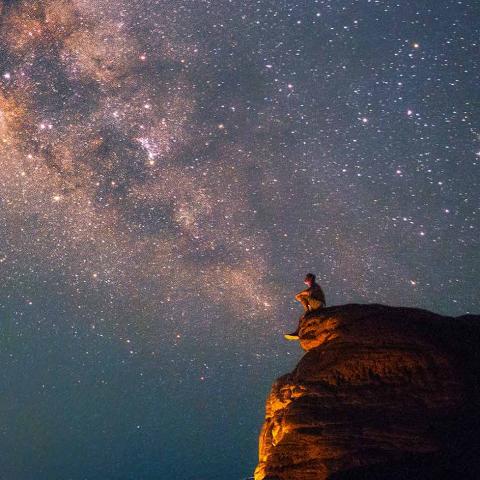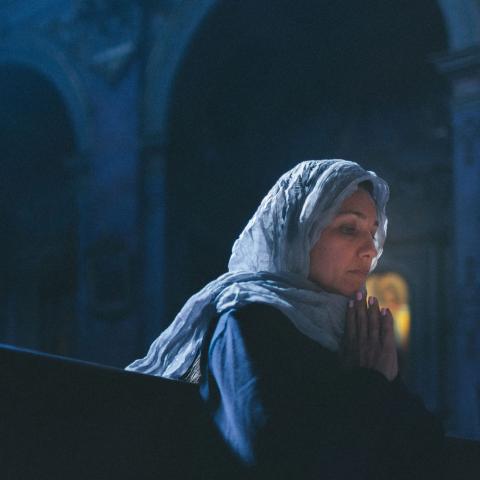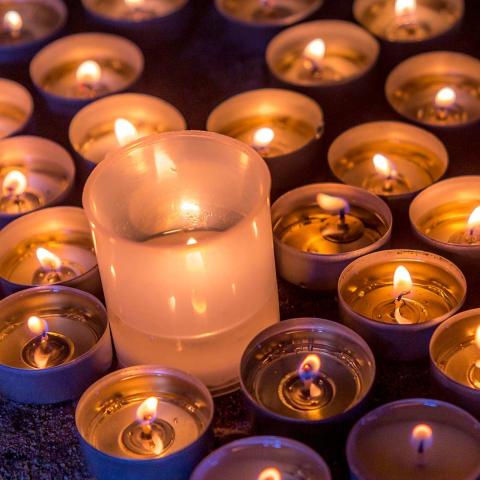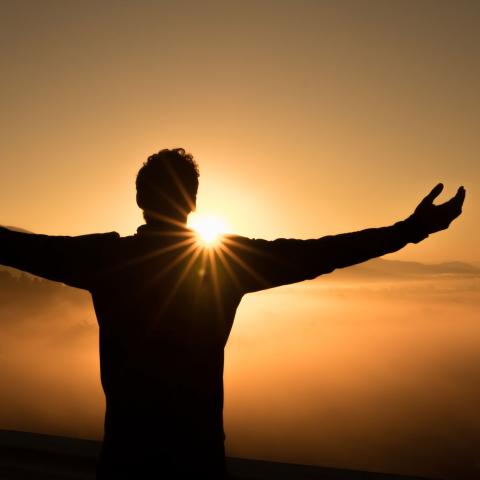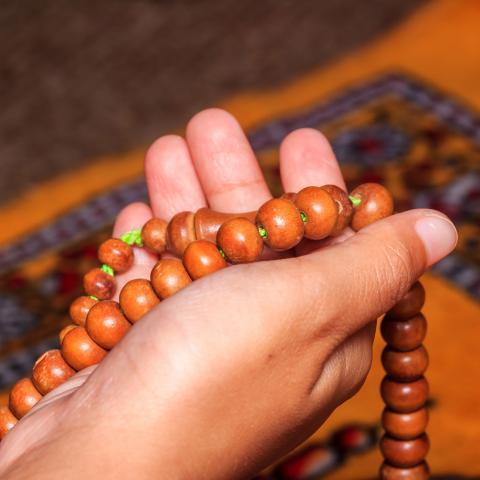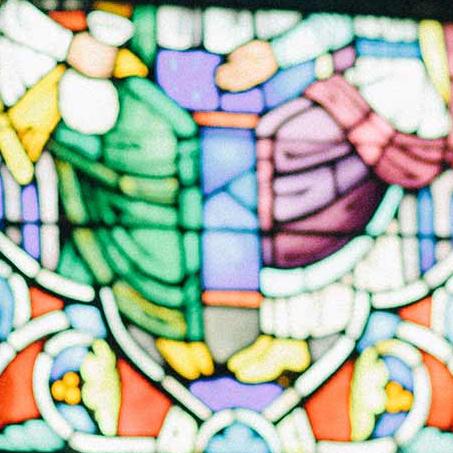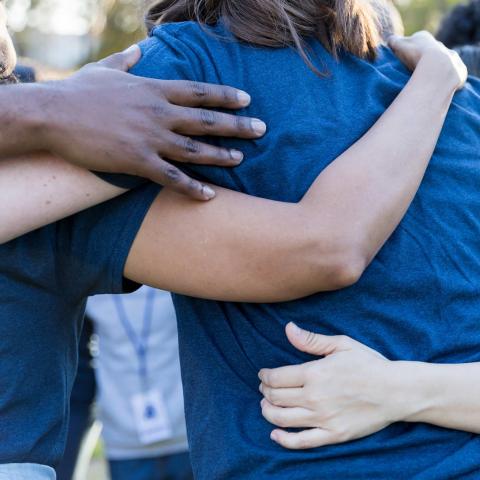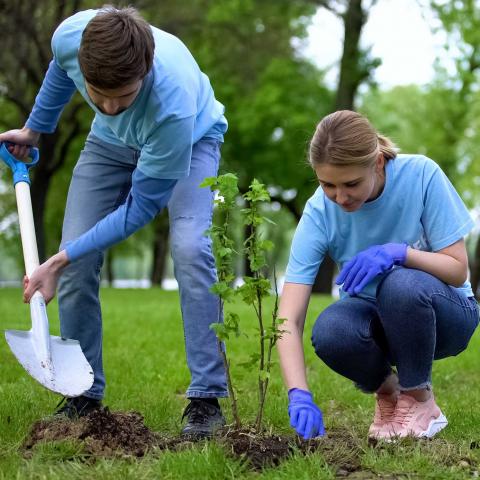This study sought to better understand what spirituality means in the U.S. today by reflecting how people understand and experience spirituality for themselves, and how their spirituality relates to the way they engage with others and their community. This effort included people inside and outside religious institutions, those who consider themselves spiritual, and those who do not.
Using interviews, focus group conversations, and a survey of a cross-section of the U.S., we learned:
Spirituality is a complex, diverse, and nuanced phenomenon that people of all spiritual and religious self-identifications experience.
The more a person identifies as spiritual, the more likely they are to take civic and political action.
